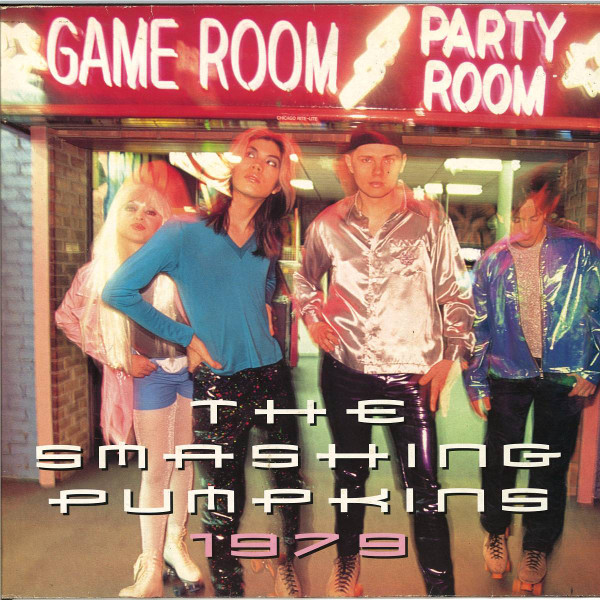 | 1979Smashing Pumpkins |
Writer(s): Billy Corgan (see lyrics here) Released: January 23, 1996 First Charted: November 25, 1995 Peak: 9a US, 11 CB, 7 GR, 9 RR, 30 A40, 3 AA, 12 AR, 11 MR, 16 UK, 2 CN, 16 AU, 7 DF (Click for codes to charts.) Sales (in millions): 0.5 US, 0.4 UK Airplay/Streaming (in millions): 0.6 radio, 221.8 video, 411.49 streaming |
Awards:Click on award for more details. |
About the Song:The Smashing Pumpkins were an alternative rock band who formed in 1988 in Chicago, Illinois. Their debut album, Gish, was released in 1991. It flew under the radar, peaking at #146, but eventually selling a million copies. Their second album, 1993’s Siamese Dream, was a huge leap forward, selling four million copies and reaching #10 on the Billboard album chart. In 1995, they released Mellon Collie and the Infinite Sadness, a double album that saw the group reach #1 on the album chart and achieve diamond certification for ten million in sales. The lead single, “Bullet with Butterfly Wings,” gave the group their first entry (#22) on the Billboard Hot 100 and was the first of five alternative-rock top-ten hits from the album. It was the second single, “1979,” which gave the group their biggest hit. It reached #1 on the alternative-rock chart and #12 on the Billboard Hot 100 (#9 airplay). Frontman Billy Corgan wrote a version of the song long before it appeared on Mellon Collie. SF It started as a song called “Strolling” and ended up the last of 56 songs written for consideration for the album. WK Flood, the album’s producer, didn’t think it was good enough and gave Corgan 24 hours to make it work. SF That night Corgan spent four hours writing “a nostalgic coming-of-age story.” WK He considered the year 1979, when he turned twelve, to be “his transition into adolescence” WK and eventually being in high school “and having adult responsibilities like a car and job, but still being very much a youth and dependent on his parents.” SF Flood immediately approved and Corgan considered it “the most personally important song” WK on the album. The song was nominated for Grammys for Record of the Year and Best Rock Performance by a Duo or Group with Vocal. Resources:
Related Links:First posted 4/20/2023. |









